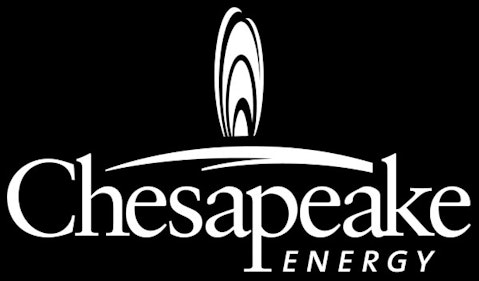There’s a little more accountability in the business world now that executive pay cuts are becoming more fashionable, but we’re still in the “cosmetic” phase that hints at real change but ultimately falls short. Corporate boards of directors are still experiencing difficulties summoning the courage to make chief executive officers fully accountable for their job performance and behavior at the helm.
Strong boards — and strong corporate governance policies — are still the exception to the rule. It’s something to remember ahead of proxy season as we investors contemplate our votes. More shareholder voting and activism will hopefully encourage more real accountability — and truly meaningful consequences — when corporate managements fail at doing their jobs responsibly and for the good of their companies, not just themselves.

Last week’s big news about Chesapeake Energy Corporation (NYSE:CHK) CEO Aubrey McClendon’s “retirement” is a perfect case in point. Somebody should have remembered to put real claws in the clawback provisions out there in wildcatting territory.
I put “retirement” in quotes because Chesapeake shareholders face an infuriating outcome after all the indignities they have already suffered. The company has been steeped in controversy due to McClendon’s behavior at the helm, and while his departure is a good sign for better governance, it doesn’t appear he’s truly going to be held responsible for anything as he steps down.
The company’s most recent proxy statement outlined the stipulation that should McClendon “retire” before December 2013, he would be entitled to $0 severance and even face a potential $30 million clawback.
Of course, that did sound too good to be true.
Even though the company’s press release clearly says McClendon “agreed to retire,” the board will treat McClendon’s departure as “termination without cause” and — surprise — that’s a horse of another color. The color green, actually.
According to the same proxy statement, termination without cause entitles McClendon to about $47 million. Clawbacks? None.
Although McClendon recently voluntarily gave up his bonus, we now know that bowing to the pressure to leave his job ensures a handsome payday anyway. This is despite the fact that myriad corporate governance problems at the company over the years — including excessive pay for McClendon — are just the tip of the iceberg. Although the board has found “no wrongdoing” on McClendon’s part at the helm, the company is still being investigated by the SEC.
Although many people are pointing to McClendon’s decision as a Carl Icahn victory given his stake in the company and subsequent board shake-up, McClendon’s cushy “retirement” package isn’t a massive victory for shareholders.
AIG: Always Infinitely Galling
Obviously, we shareholders continue to be aware that if we don’t look out for our own interests, nobody else will, either.
Case in point: Last week, news broke that the U.S. Treasury allowed big pay raises at bailed-out financial companies like American International Group, Inc. (NYSE:AIG), despite its own supposed restrictive pay guidelines for companies that had received government funds. The report from the special inspector general of the Troubled Assets Relief Program alleges that the Treasury fell down on oversight and supervision and deferred to the companies’ pay schemes. Allegedly, these companies weren’t even required to link compensation to performance.
The AIG example is particularly galling, since that company was criticized following the financial crisis for considering giant bonuses appropriate under the circumstances. More recently, the company’s management and former CEO Hank Greenberg had the mind-blowing audacity to consider suing the government over the bailout, even though without it, AIG would have purportedly failed. Apparently there are no stand-up good guys in this scenario, either.





